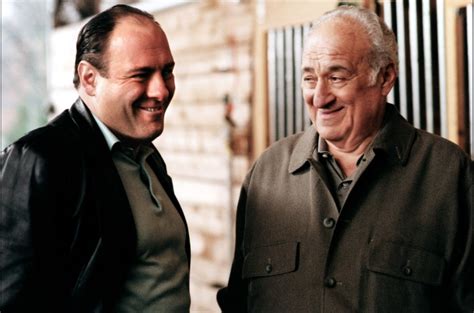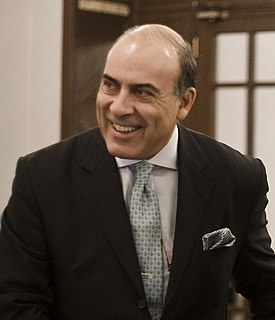A Quote by Annie Leonard
Bottled water costs about 2000 times more than tap water. Can you imagine paying 2000 times the price of anything else? How about a $ 10,000 sandwich?
Related Quotes
I hate plastic bottles. Just think about it before you buy one. We pay more for a gallon of water than we do for a gallon of gas. I think people will realize that water quality standards in most municipalities are as good or better for the stuff coming out of the tap than bottled water companies. You'll save money and save the environment, too.
Besides, the sense of safety offered by bottled water is a mirage. It turns out that breathing, not drinking, constitutes our main route of exposure to volatile pollutants in tap water, such as solvents, pesticides, and byproducts of water chlorination. As soon as the toilet is flushed or the faucet turned on-or the bathtub, the shower, the humidifier, the washing machine-these contaminants leave the water and enter the air. A recent study shows that the most efficient way of exposing yourself to chemical contaminants in tap water is to turn on a dishwasher.
Just as Americans have discovered the hidden energy costs in a multitude of products-in refrigerating a steak, for example, on its way to the butcher-they are about to discover the hidden water costs. Beginning with the water that irrigated the corn that was fed to the steer, the steak may have accounted for 3,500 gallons. The water that goes into a 1,000-pound steer would float a destroyer. It takes 14,935 gallons of water to grow a bushel of wheat, 60,000 gallons to produce a ton of steel, 120 gallons to put a single egg on the breakfast table.
I have always been a big advocate of tap water-not because I think it harmless but because the idea of purchasing water extracted from some remote watershed and then hauled halfway round the world bothers me. Drinking bottled water relieves people of their concern about ecological threats to the river they live by or to the basins of groundwater they live over. It's the same kind of thinking that leads some to the complacent conclusion that if things on earth get bad enough, well, we'll just blast off to a space station somewhere else.





























